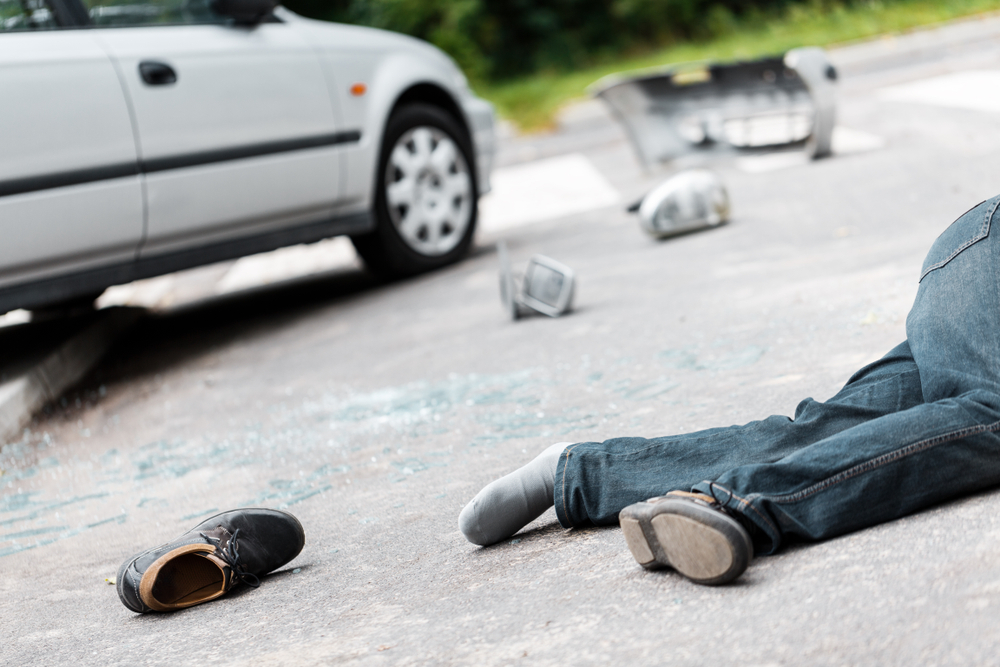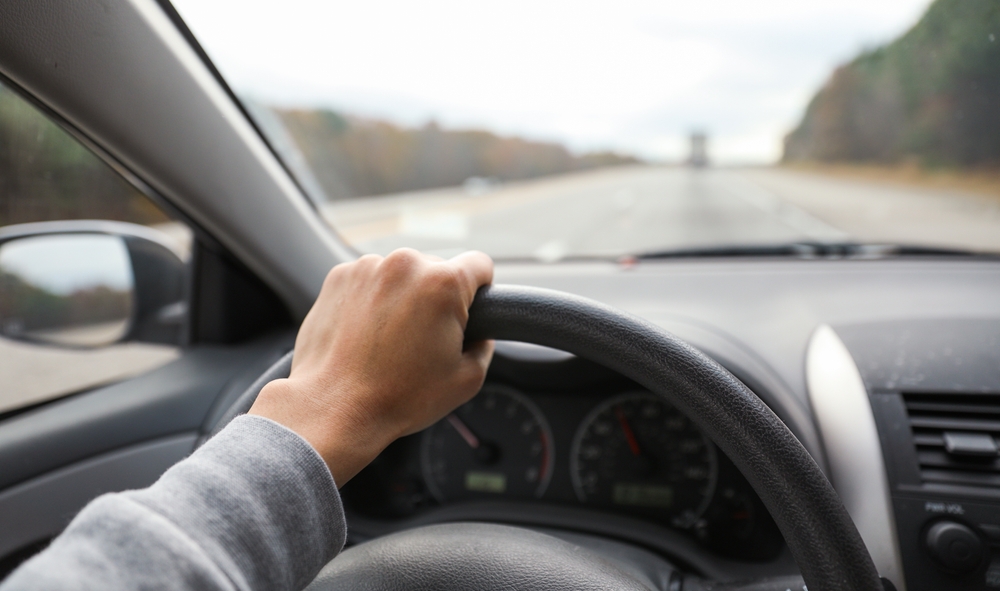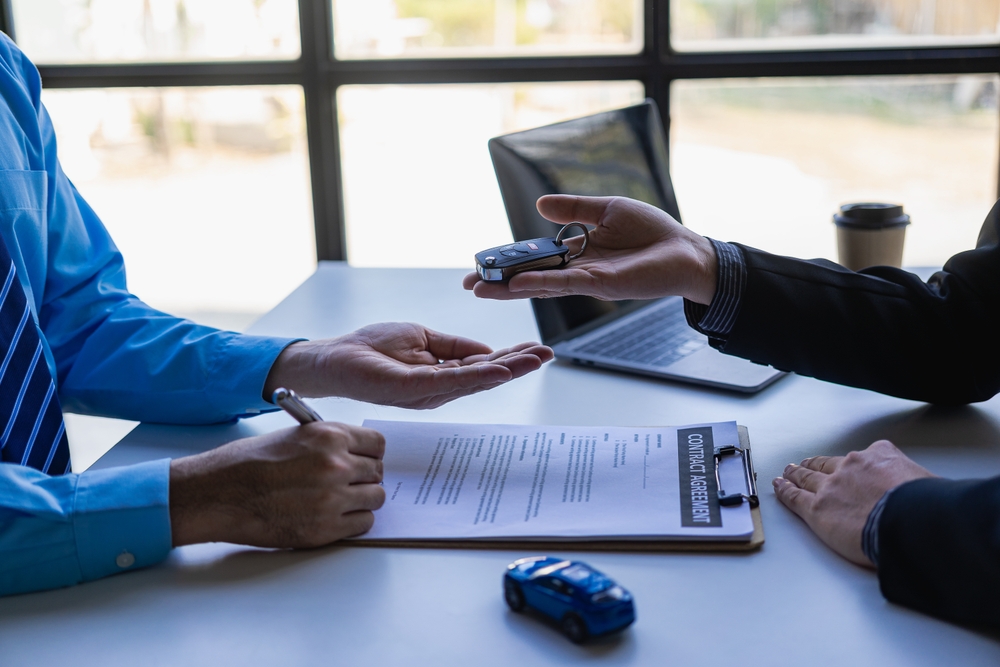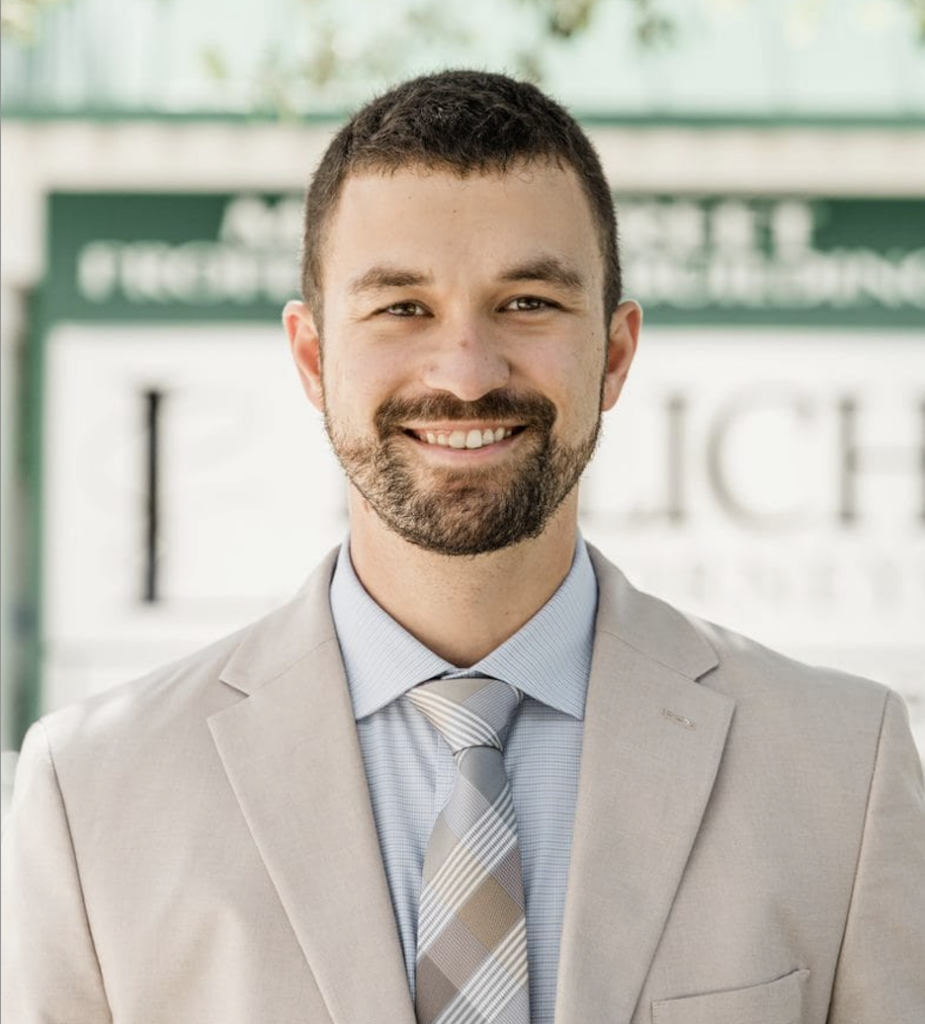The streets we walk and drive on daily see countless interactions. Among the most critical are those between pedestrians and drivers. A frequently debated topic in traffic safety circles is whether pedestrians always have the right of way. The answer isn't a yes or no, but it always pivots on one foundational principle—driver responsibility.
An experienced Vero Beach pedestrian lawyer specializing in traffic laws and regulations can provide proper guidance on specific pedestrian rights rules in your jurisdiction.
Schedule A Consultation Today!
Understanding the Pedestrian Right of Way

Pedestrian safety is at the forefront of many transportation policies and discussions, and for a good reason. Pedestrians, unlike those in vehicles, are devoid of any protection or cushion against the hazards of the road.
Their vulnerability isn't just about the absence of a metal shell or airbags. It's about the inherent fragility of the human body, which doesn't stand much of a chance against tons of moving metal.
Most legal frameworks recognize this vulnerability. That's why many laws inherently lean towards the protection of pedestrians.
In some states, drivers and bicyclists must yield to pedestrians on sidewalks and in crosswalks, whether they are marked or unmarked. Drivers must also stop at intersections to allow pedestrians and bicycles to cross the road within a marked or unmarked crosswalk.
In other states, the driver of a vehicle must stop and stay stopped for a pedestrian crossing the roadway within any marked crosswalk but shall yield the right-of-way to a pedestrian crossing the roadway within an unmarked crosswalk at an intersection.
The Weight of Driver Responsibility
The inherent responsibility that comes with driving is immense. Behind the wheel, drivers control a machine that can cause serious harm if not operated with caution and respect for all road users.
Awareness
Awareness while driving is similar to mindfulness in our daily activities. In areas with high pedestrian traffic, such as school zones, parks, and residential neighborhoods, awareness is non-negotiable.
These are places where children might suddenly dart onto the street, chasing after a ball or simply being playful. Residential areas might see adults walking their dogs, jogging, or simply crossing the street to chat with a neighbor.
For a driver, this means constantly scanning the environment, checking mirrors frequently, and exercising caution in limited visibility, like during sunset hours or in inclement weather. Enhanced awareness doesn't just protect pedestrians; it also gives drivers the best chance to respond effectively to unexpected changes.
Anticipation
While awareness helps drivers respond to immediate situations, anticipation is about predicting what might happen next. For example, spotting a ball bouncing onto the road can indicate a child might follow. Seeing children playing near a street should heighten a driver's sense of potential danger.

Anticipating potential hazards allows drivers to prepare and make proactive decisions.
This can mean slowing down even if there isn't an immediate need or giving enough space to parked cars on a street where children or pets might appear suddenly. By staying one step ahead and always expecting the unexpected, drivers can create a safety buffer, reducing the chance of accidents.
Patience
In today's fast-paced world, there's an unspoken rush to get everywhere quickly. However, haste can be fatal regarding road safety, especially concerning pedestrians.
Whether giving an elderly person the time they need to cross the road without feeling rushed or resisting the urge to zoom past a stopped bus, patience can mean the difference between a typical day and a tragic one.
Waiting an extra few seconds or even minutes is a small price to pay for the peace of mind that comes from knowing you've prioritized safety over speed. In the grand scheme of things, arriving a little later is always preferable to risking a life due to impatience.
The Consequences of Overlooking Responsibility
When drivers choose to get behind the wheel, they have a significant responsibility. Roads are shared spaces, and the stakes are high. A moment's inattention or an impulsive decision can irrevocably alter lives. Overlooking this responsibility can have severe consequences, both human and legal.
The Human Cost
Pedestrians are flesh and bone. This vulnerability makes any collision, even at low speeds, potentially devastating.
Families might lose loved ones, or pedestrians can suffer life-altering injuries, affecting not just their physical well-being but also their mental health, their ability to work, and their quality of life.
Beyond the immediate physical trauma, there's the psychological aftermath. Both the affected pedestrian and the driver might deal with guilt, PTSD, and other emotional challenges for years.
The Legal Repercussions
The law has clear guidelines regarding the treatment of pedestrians. Ignoring these can have significant legal implications.
For starters, drivers can face heavy fines. Many places also employ a points system, where drivers accrue demerit points for traffic offenses. Accumulating too many can lead to the suspension of driving privileges.
One state-specific example of the legal repercussions for failing to yield to pedestrians is Florida. According to state law, drivers who fail to yield to pedestrians or who overtake and pass vehicles that stopped for pedestrians are subject, upon conviction, to three points on their driving record and fines of $164 or more.
But it doesn't stop there. In cases where a driver's negligence or blatant disregard for safety rules leads to severe injury or death, they might face criminal charges. Such charges can result in jail time, community service, mandatory driving re-education courses, and other punitive measures.
For example, according to the 2023 Florida Statutes, drivers who cause serious bodily injury or death to a pedestrian while violating the right-of-way laws may face criminal charges of a felony of the third degree, which can result in up to five years in prison, five years of probation, and a $5,000 fine.
Drivers who leave the scene of a crash involving death or injury to a pedestrian may also face criminal charges of a felony of the first degree, which can result in up to 30 years in prison and a $10,000 fine.
In all these scenarios, having a car accident lawyer can be valuable. A skilled lawyer can guide victims through the legal system, ensuring they understand their rights and responsibilities.
Notably, many car accident lawyers operate on a contingency fee basis, which means they only get paid if you win your case. This arrangement ensures you have access to quality legal counsel without the immediate financial burden.
The Value of a Car Accident Lawyer

In situations where you have suffered an injury due to a driver's negligence, seek legal advice. Here's where a car accident lawyer comes into play.
Representation
When the unfortunate occurs, and you find yourself the victim of an accident, the emotional, physical, and financial toll can be substantial. During the whirlwind of medical appointments, therapy sessions, and dealing with potential lost income, a lawyer can become the voice, advocate, and protector of your interests.
Often, achieving a fair outcome doesn't involve dramatic courtroom battles but skillful negotiations behind closed doors.
Whether it's with insurance adjusters aiming to minimize payout amounts or with other legal representatives, a lawyer brings a blend of experience and legal knowledge that helps them achieve favorable terms for their client.
Pursuit of Fair Compensation
Compensation isn't just about covering medical bills. It's about ensuring that all ramifications of the accident, including potential future medical costs, therapy fees, lost income, and even emotional trauma, are adequately addressed.
A lawyer understands the full spectrum of the impact on your life, ensuring that the compensation sought truly reflects the gravity of your situation.
Emotional Support
Having a lawyer by your side serves as a comforting presence. Their experience assures that you're not alone in this legal battle, and someone is working on your behalf until you receive justice.
Contingency Fees
After a pedestrian accident, you might be dealing with physical injuries, emotional trauma, and the immediate financial burden of medical bills. During this overwhelming situation, the thought of paying legal fees can deter many from seeking justice.
However, the beauty of contingency fees comes into play, leveling the playing field for victims and ensuring they have access to quality legal representation without the immediate financial burden.
Contingency fees are fundamentally a risk-sharing arrangement between the lawyer and the client. Instead of charging hourly rates or upfront fees, the outcome of the case ties directly to the lawyer's compensation.
Simply put, the lawyer's fee is "contingent" upon them successfully securing a settlement or winning the case in court.
The immediate aftermath of an accident can be financially draining, with medical expenses piling up and potential lost income. With a contingency fee arrangement, victims don't have to worry about another upfront cost. They can initiate legal proceedings without the stress of immediate out-of-pocket expenses.
With their compensation tied to the outcome, lawyers are intrinsically motivated to give the case their best shot. This ensures that the lawyer is fully invested in achieving the best possible result, as their interests align with the client’s.
If, for some reason, the case doesn't result in a favorable outcome, the client will not have legal fees. This removes the financial risk associated with seeking justice, ensuring that victims can pursue their rights without fear of accumulating debt.
Contingency fees democratize access to legal services. Regardless of your financial standing, you can have top-notch legal representation, ensuring that justice isn't just available for those with deep pockets.
From the lawyer's perspective, taking on a case on a contingency basis shows a deep belief in the merit of the client's claim. It showcases their commitment to seeing the case through to its conclusion and their confidence in their skills.
Negotiating with Insurance Companies
Negotiating with insurance companies following an accident can be one of the most frightening aspects for any victim. Insurance companies, by their very nature, are in the business of profit.
While they offer a safety net for times of crisis, it's also in their interest to limit payouts as much as possible. This inherent conflict can make negotiations highly adversarial and challenging to navigate on your own.
Insurance adjusters are trained professionals. Their primary role is to evaluate the circumstances of an accident, determine liability, and then assess how much compensation, if any, should be given to the claimant.
Armed with a wealth of resources and experience, these adjusters often use a variety of tactics to reduce the amount of compensation or, in some cases, deny the claim altogether.
This can range from disputing the facts of the accident and questioning the severity of injuries to introducing complex legal jargon and clauses that can confuse the average person.
Enter the car accident lawyer. Acting as both advocate and protector, a seasoned attorney understands the ins and outs of these tactics. With their knowledge of the law and past case precedents, they can counter the strategies used by insurance companies.
An pedestrian accident attorney also brings the weight of potential litigation to the negotiation table. While insurance companies might be willing to push back against individual claimants, they are often more cautious when faced with the prospect of a lawsuit.
The litigation costs, both in terms of finances and potential public relations fallout, can be deterrents. Knowing that the lawyer is prepared to escalate matters to court can be a powerful leverage point during negotiations.
Peace of Mind
Knowing that a seasoned professional is handling the legal aspects of your case can offer immense relief, allowing you to focus solely on recovery.
Speak with a Pedestrian Accident Lawyer Right Away

While pedestrians don't always have an automatic right of way in every situation, the central theme remains unchanged: the burden of responsibility predominantly lies with the driver. The sheer potential for harm that a vehicle poses requires an elevated level of care and consideration.
If, unfortunately, you or someone you know has been a victim of a driver's negligence, don't hesitate to seek out a car accident lawyer. Their representation can ensure that the injured party receives justice and adequate compensation for their ordeal.
